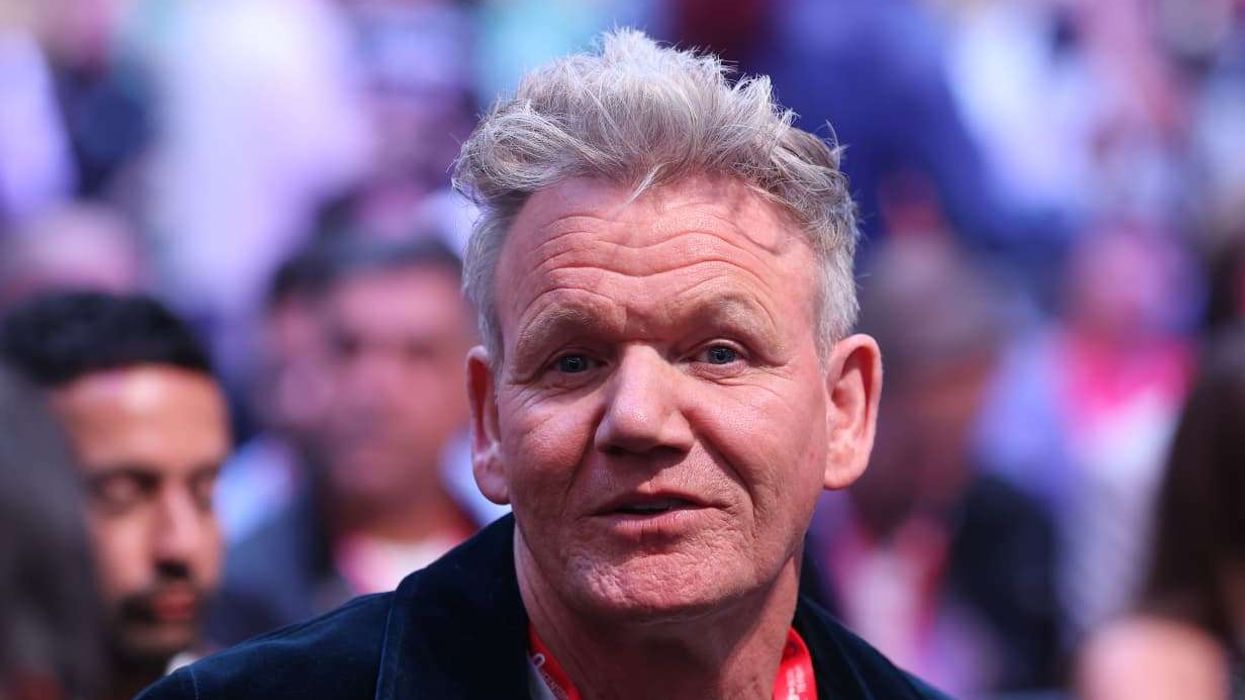MANY young women in the UK still cannot sanitary items when they are on their period, and it's this shocking realisation that prompted Amika George to action.
In March 2017, the North London resident, now a 20-year-old Cambridge University student, read a study published by the charity 'Freedom4Girls' that revealed girls were missing school because they can't afford sanitary products. Instead, they were sellotaping tissue to their underwear or stuffing their undergarments with socks and old clothes.
The study also revealed that girls as young as 10 were missing school for up to a week every month because they couldn't afford pads and tampons.
Amika couldn’t believe what she read. Although she knew period poverty -- an umbrella term used to describe a lack of access to feminine hygiene products -- existed in other parts of the world, it was shocking to know this was happening in the UK.
"Having sanitary products is something I completely take for granted. The phrase period poverty was something that was completely alien to me," she said.
Being a teenager well-aware of the powers of social media and online platforms, Amika decided to use the Internet to start a petition to address period poverty in the UK. She wanted girls on free school meal to get free menstrual products as well.
"For me that made the most sense because they have already been identified as the girls from the lowest income families. So they are the most likely to be suffering from period poverty,” she says.
The campaign, launched in April 2017, took off immediately and Amika had thousands backing her call for free menstrual products for school students from low-income families.
Despite all the hype and interest, Amika felt there wasn't much change happening, and this prompted Amika to launch a FreePeriod protest in December 2017 outside Downing Street. About 2000 protesters gathered outside then prime minister Theresa May’s residence to show the government how angry they were about its inaction to end period poverty. The protest featured speakers such as Adwoa Aboah, Suki Waterhouse, Jess Phillips, and Daisy Lowe.
"Because we literally screamed through Theresa May's bedroom, she listened and in the end she gave 1.5 million pounds to address period poverty in the UK," said Amika.
But that’s not enough, says Amika, who has vowed to continue her fight to end period poverty.
According to Amika, it wasn’t a long-term and sustainable solution to end period poverty, as the fund was just for one year.
After two years of campaigning, in 2019 George teamed up with human rights lawyers to force the government to do something. Her efforts resulted in the government announcing that from early 2020, sanitary items will be provided free of cost to all schools and colleges.
Another focus of Amika’s Free Period campaign is to end the taboo surrounding menstruation. Born in England to parents from Kerala in south India, Amika is all too aware of the outdated Indian myths and superstitions surrounding the impurity of a girl who's menstruating. Woman on her period can't go to worship in a temple, and in some parts of India, they are banished to designated huts.
This will end only if there are more conversations regarding periods.
“We need to change our attitudes to menstruation first. In the world of period poverty I think the biggest problem is silence," she says.
Amika is also a strong advocate for boys to be taught about periods. The world of menstruation is a mystery to those who haven't experienced it, she says, and the stigma over periods won't end until boys learn about them too.
Right from primary school, boys need to be taught about the pain, stress, mood swings and hormones, as indirectly, periods will affect them too, believes Amika. For too long, boys have been left out of the conversation and it’s time periods are discussed, unashamedly, in cultural, educational and political institutions, says Amika.
True gender equality, says the young activist, is when periods are normalised and it isn’t solely a women’s issue.
“I think if men had periods then there wouldn't be a tax on tampons and this wouldn't be an issue. It's something that the government definitely would have addressed by now,” she says.
Acknowledging the impact of her campaign to end period poverty, the Bill & Melinda Gates Foundation presented her with the Goalkeepers campaign award last year. In 2018, Amika was also named one of TIME's Most Influential Teens.
While university is keeping Amika busy these days, her drive to bring about a change has not diminished. She is still actively involved in the FreePeriods movement and in August 2019, Amika travelled with children's charity World Vision UK to Zambia to learn more about what other countries are doing to ensure girls aren't left behind.








